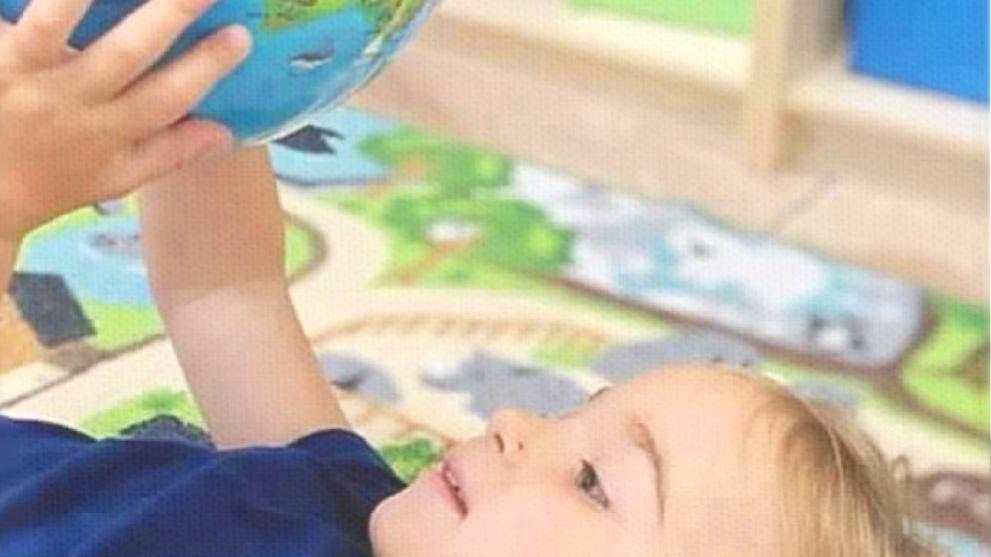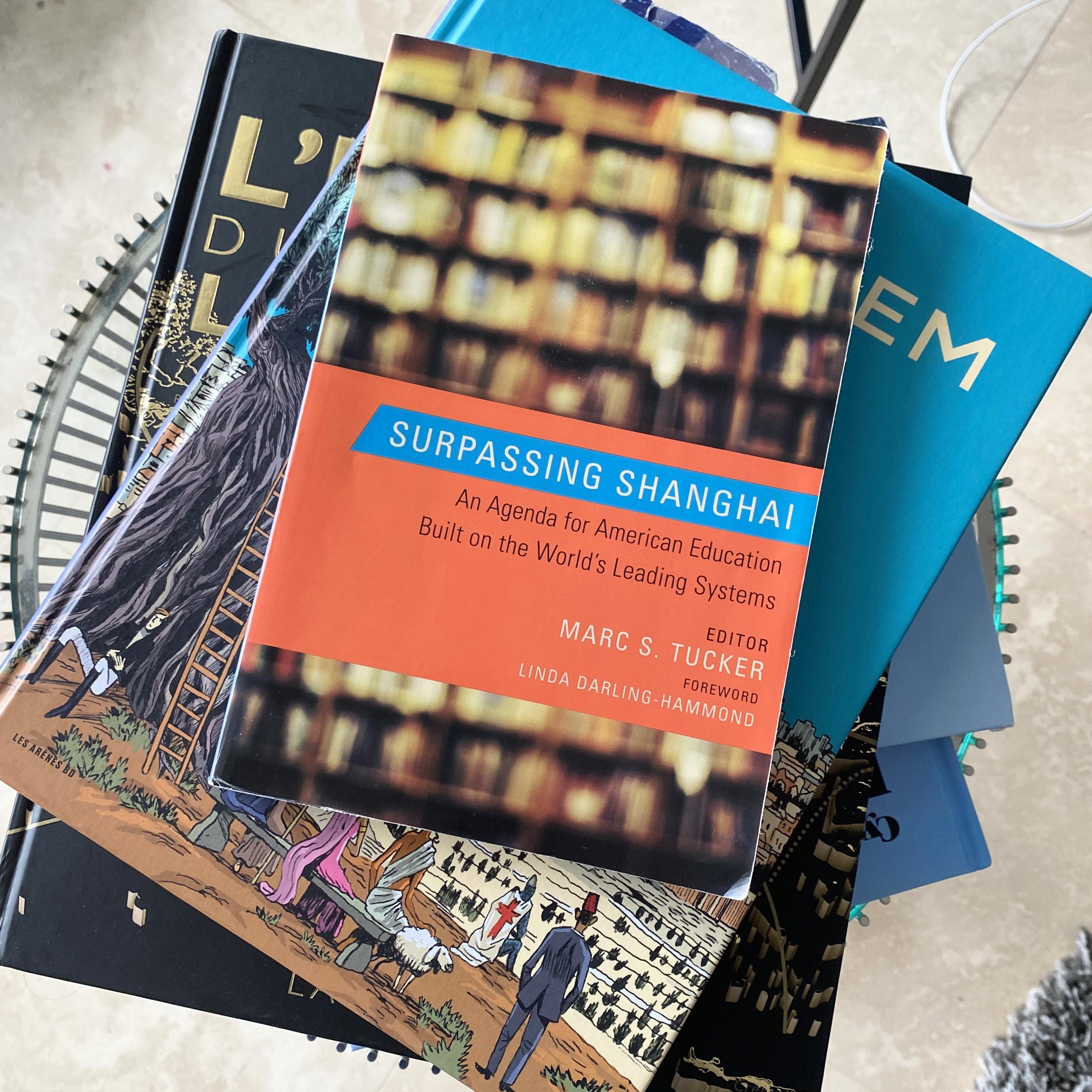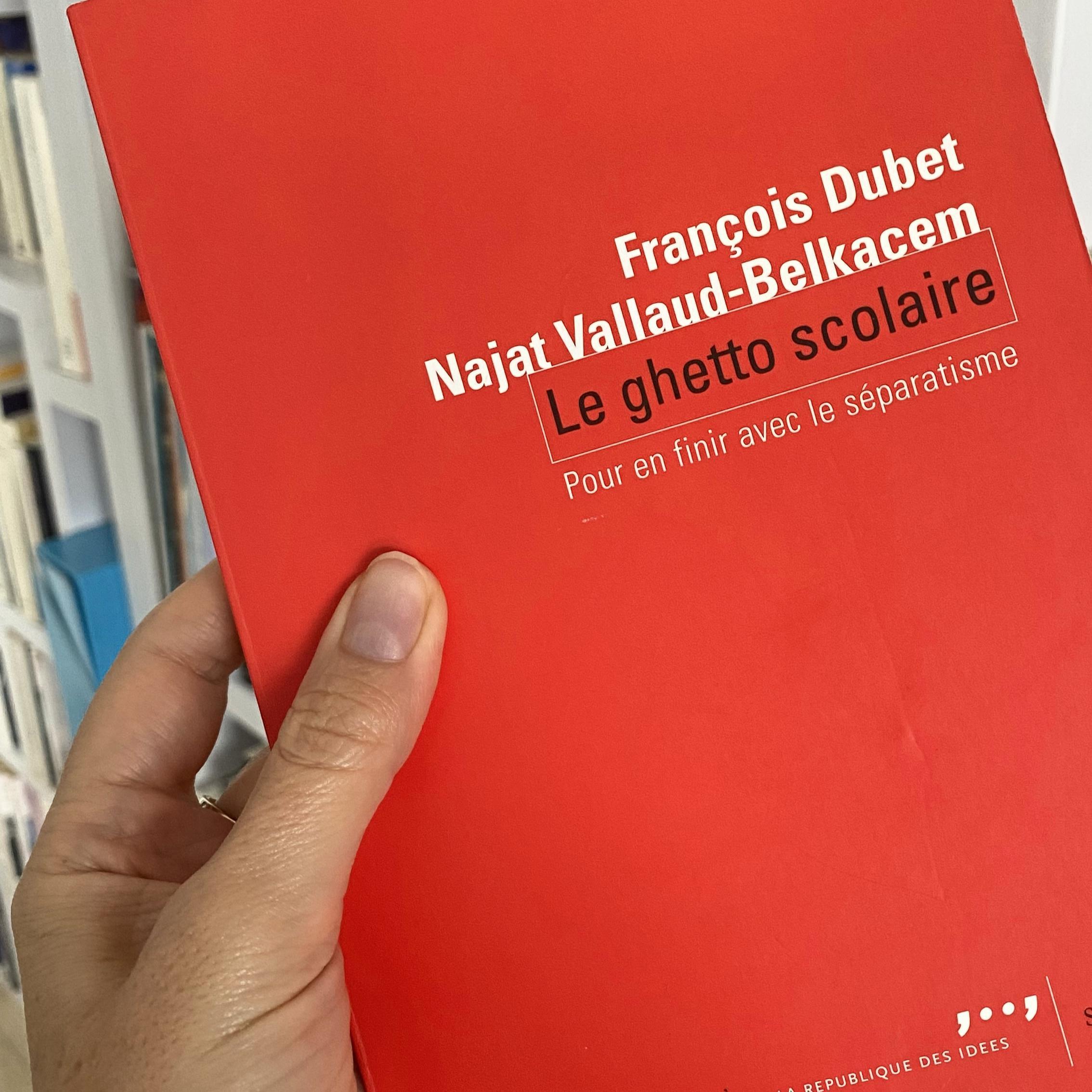November 10th 2024
Teaching How to Live
Pedagogy
Humanism
Book

The sharpness of Edgar Morin’s thinking is beautifully captured in this manifesto, whose evocative title I particularly like : “Enseigner à vivre” which could be translated by “Teaching How to Live” or “Educating for life”*. It is a wonderful promise for anyone working in the field of education.
In this essay, Morin first establishes the context: knowledge is inherently prone to error and illusion because any expressed thought is already an interpretation, influenced by our cultural imprint, systems of thought (values, ideologies), emotions, ego, and the flaws of our memory. He also reminds us that we live in a world that is increasingly global, complex, and instantaneous, while asserting that we all share the same earthly condition — "earthlings, citizens of the Earth."
To address an educational crisis tied to a broader civilizational crisis (erosion of solidarity, loss of national belonging, individualism, incivility, demoralization, or anxiety about the present and future), Morin proposes a new approach to education. This approach emphasizes holistic and multidimensional learning about the human condition, fosters students' analytical and critical thinking, and normalizes error and the acceptance of uncertainty.
He highlights the need for an ethic of understanding, requiring listening and openness to others. This education would weave together the shared aspects of our existence: the Grand Narrative of life, what it means to be French, and the national story, all supported by educators who act more as conductors than mere conveyors of knowledge.
Selected Quotes
“Teaching how to live: we can teach how to connect the knowledge of life, to develop autonomy, and to find a method for properly guiding the mind, as Descartes would say.”
“Life is an alternating fabric of prose and poetry. Humans are mad creatures whose madness invented reason.”
“We need both rational and irrational elements. We need fulfillment, joy, and love.”
“Happiness should not be the goal. We should seek the art of living.”
For the Fondation Altitudes
For the Foundation Altitudes, this agenda for education, built on broad and profound observations, is an extraordinary guidepost. It is an optimistic work born of difficult realities, offering a pathway for those willing to engage with it.
It reaffirms the irreplaceable mission of education: the concrete presence, the person-to-person relationship, the dialogue with the student, and the transmission of a sacred flame. Internet lacks the physical, active, psychic, reactive, and retroactive presence of the educator. Only the educator can teach the pitfalls of error and illusion, human understanding, and critical distancing from social networks.
Teachers should inspire humanity through their humanism, help students understand multicultural France through a love of the nation, and act as conductors rather than mere knowledge-holders. Their role is to correct, complement, and appreciate students' contributions, flipping the traditional structure of classroom instruction.
They must rekindle the desire to learn through their passion and a curriculum enriched with engaging subjects. Kindness and recognition of others must become pillars of good living, while combating one of the most damaging moral harms: humiliation.
Teachers must help students navigate our civilization, make fewer mistakes, face uncertainty, understand our globalized world, and grasp the human condition.
Complementary Reading Recommendations
· Les sept savoirs nécessaires à l’éducation du futur d'Edgar Morin (2015). Titre anglais : Seven Complex Lessons in Education for the Future. Ce livre a été publié par l'UNESCO en 1999 et traduit en anglais sous ce titre.
· The Element: How Finding Your Passion Changes Everything. Ken Robinson (2009)
On the same topics
Fondation Altitudes is under the aegis
of Fondation Caritas France
of Fondation Caritas France

.jpg)